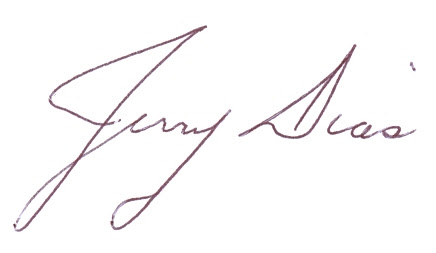The RCMP say charges have been laid against two Quebecers for their alleged involvement in a cyber attack of Bell Canada customer accounts.
Nana Koranteng and Jesiah Russell-Francis of Montreal are to appear on charges including unauthorized use of a computer, fraud over $5000, conspiracy to commit fraud, laundering proceeds of crime, identity theft, and identity fraud.
READ MORE: Bell Canada alerts customers impacted by new data breach
The Mounties began the investigation, dubbed Project Abalone, in 2018 after it was notified that some Bell accounts were breached and personal information was stolen.
The RCMP say the suspects were identified after a number of stolen accounts were used to fraudulently purchase goods online.
100,000 Bell customers affected by hack




